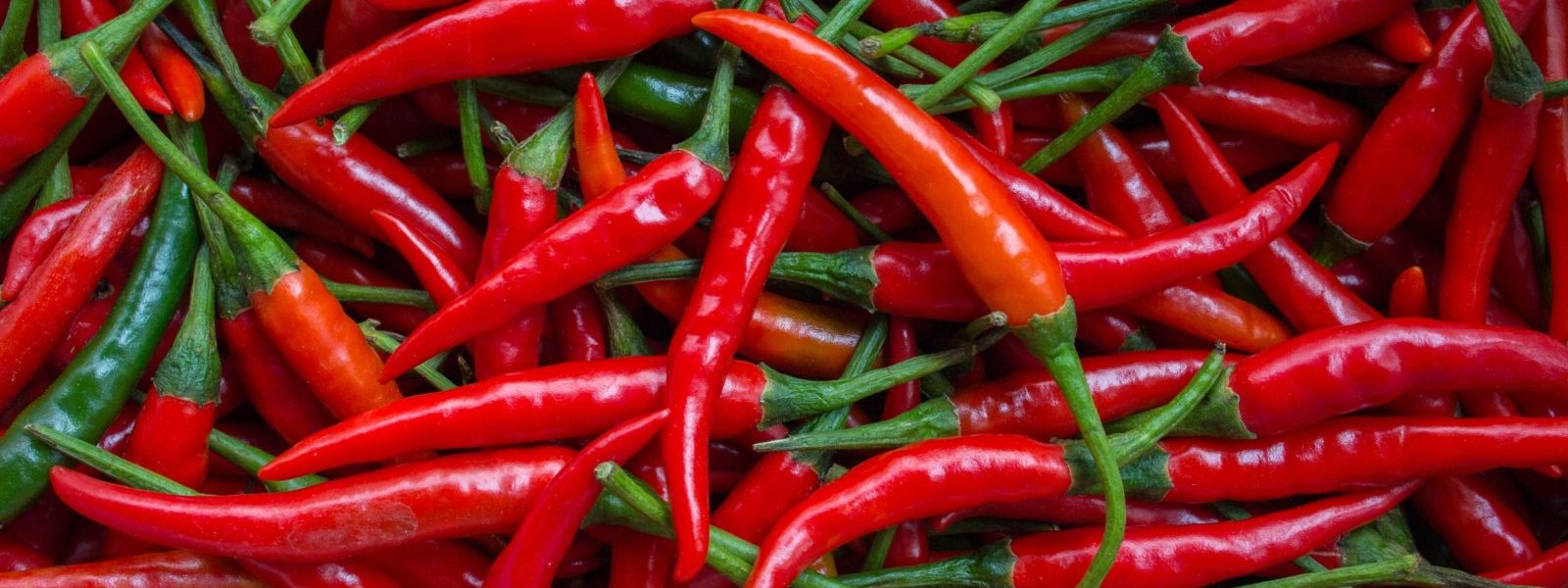My Mexican roommate douses her food in hot sauce: everything from cup noodles to cafeteria food. What are the effects of spicy food? I have listed some examples of spicy foods and their health effects.
Hot Cheetos
We’ve all had a bite of these salty, heavenly, decadent, flaming red fried clumps of potato batter. Health risks include 10% of your daily value of sodium, 17% fat, 8% saturated fat, and unnecessary ER visits. According to Dr. Kathleen Berchelmann of St. Louis Children’s Hospital, some parents and children, alarmed at seeing bright red in their stools, have made unnecessary ER visits. Bright red stool indeed can indicate bleeding, but it could also indicate an alarming amount of Hot Cheetos consumption, which is a problem.
Red Hot Chili Peppers
Mild Peppers only produce a burning sensation in the mouth, but excessively hot chili peppers can cause blistering of the lips and palate. Otherwise, though, there isn’t enough research to suggest any detriments of eating spicy foods. People with frequent heartburn or ulcers are advised to stay away, as spicy foods exacerbate heartburn, but refraining from spicy foods will not decrease occurrences of heartburn or exacerbate the effects of ulcers. In fact, peppers could even help reduce the effects of sinuses.
Most people make a beeline for the water, but science suggests otherwise. Eating absorbents like bread and rice, rather than drinking liquids to spread the irritant, can be used as treatment.
It’s not just your taste buds that can burn from peppers; in fact, every part of your body can burn.
Pepper Spray
Capsaicin is the chemical produced by peppers that causes irritation in tissues. This is why you have to wear gloves when cutting peppers, or you will feel a burning sensation on your fingertips for several days. Although it’s on the average Cal student’s keychain, pepper spray, made from the deadly cayenne peppers, has evoked criticism from organizations such as ACLU for its role in police brutality. An US Army study in 1993 even stated that pepper spray has carcinogenic effects, cardiovascular toxicity, and neurotoxicity.
Luckily, military officers have more experience with pepper spray than college students have. They have devised a treatment plan. Wash the affect area with soap and water to remove dirt that may trap irritants, and flush with water for 3-5 minutes. Keep skin exposed to fresh air so irritants can evaporate, so don’t apply any lotions or oils to the skin, and do not bandage the affected areas. These can cause irritation.
Above all, don’t panic! Increased aggression can become an excuse to restrain and arrest you.
Citations
- Eating Spicy Food: What Are the Effects? from the New York Times by the New York Times Company <http://www.nytimes.com/1983/09/21/garden/eating-spicy-food-what-are-the-effects.html>
- Flamin’ Hot Cheetos Health Risks? Doctors Report Increase In ER Visits Among Those Who Eat The Snack Food from Huffington Post Healthy Living by TheHuffingtonPost.com, Inc <http://www.huffingtonpost.com/2012/10/19/flamin-hot-cheetos-health-risks_n_1988606.html>
- What Do You Do If You Get Pepper Sprayed from ABC News by ABC News Internet Ventures <http://abcnews.go.com/blogs/health/2011/11/21/what-to-do-if-you-come-in-contact-with-pepper-spray/>
Article by Yandi Wu
Feature Image Source: CNN
























